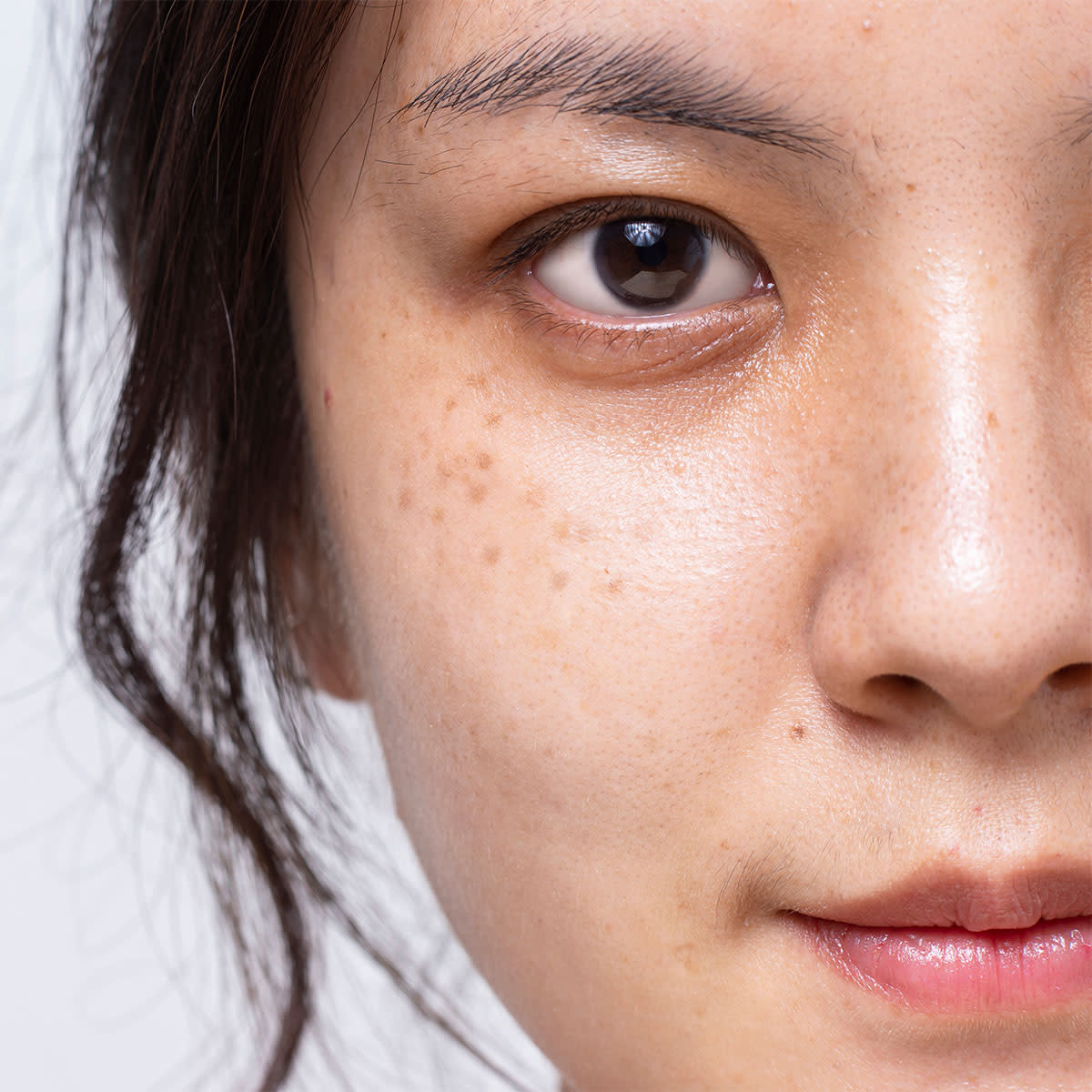How To Avoid Dry, Cracked Lips This Winter, According To Experts

It’s inevitable: the minute the temperature drops, your lips begin to feel as dry as the Sahara. No amount of Vaseline or lip balm seems to help after a certain point and you’re faced with a cruel seasonal fate of having dry, parched lips that seem to crumble under the weight of lipstick or lip gloss. This is where prevention becomes key. Instead of waiting until the problem gets worse and you need to coat your lips in layer upon layer of balm, we asked skin experts to provide their favorite tips on how to avoid dry, cracked lips this winter.
Hydration is key
Hydration is everything when it comes to smooth, soft clips — and that means nourishing yourself inside AND out. “Drink plenty of water to keep your skin and lips hydrated,” said Skin Expert Sophie Taylor at Care Dermatology. “You can also try using a humidifier to add moisture to the air in your home. nUse a lip balm or lip moisturizer regularly to help lock in moisture. Look for products that contain ingredients like beeswax, shea butter, and glycerin, as these can help to protect and nourish the skin on your lips.”
Avoid harsh ingredients and habits
While you’re considering hydrating factors to add to your skincare and lip care routine, don’t sleep on the things you should be avoiding — namely, harsh ingredients and practices.
“Avoid using hot water when cleansing your face or washing your hands,” Taylor said. “Warm water is less drying to the skin, so try to use lukewarm water instead. Avoid picking or biting your lips, as this can damage the skin and make it more prone to dryness and cracking. Avoid using products that contain alcohol or other harsh ingredients, as these can be drying to the skin.”
Don’t forget sunscreen
By now you’ve got your sunscreen routine down with precision. You always apply a layer of SPF 30 or higher after your moisturizer — even in the winter (right?). But did you know your lips also require protection from UVA and UVB rays?
“Although you might be used to applying sunscreen in the summer months, it is still as important to keep on top of applying the correct SPF in the winter too,” said Savaş Altan, a medical aesthetic at Vera Clinic. “You can still tan on a cold and cloudy day as the UV rays penetrate through the clouds, therefore reaching your skin and creating a tan. Even if you can’t feel the sun on your skin, the UV rays that lead to tanning are still present. Different types of clouds allow for different amounts of UV rays to pass through therefore you will have a higher chance of tanning when there are fewer clouds. It is essential to remember that the visible sunlight is not what causes you to tan, but the UV rays that you can’t physically see.”
So remember: hydrate, avoid harsh ingredients and habits, and always wear a lip balm with SPF to help keep your lips moisturized and avoid that dry, parched feeling we’ve all come to associate with cold winter days.

